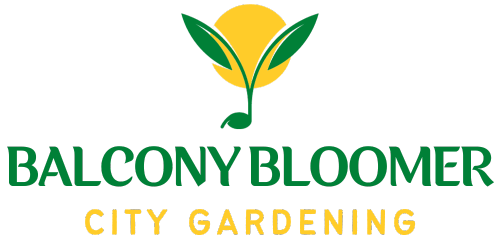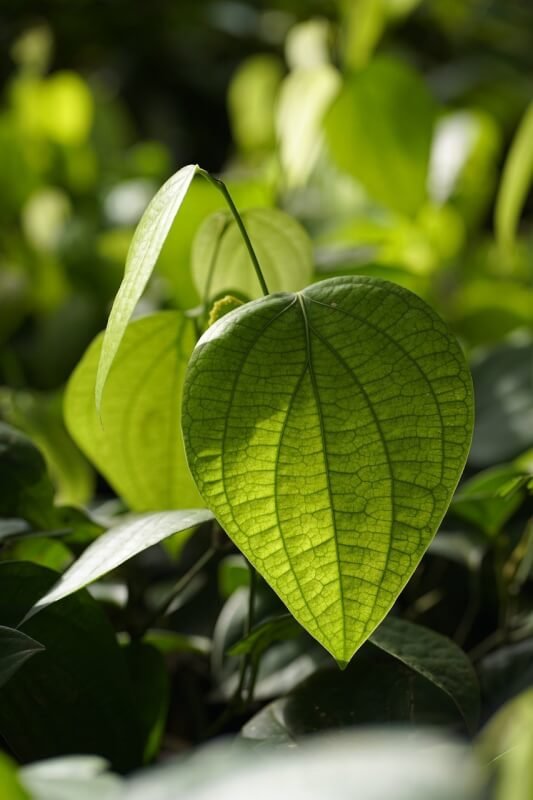Have you ever wondered about the benefits of adopting organic methods in city gardening? Well, look no further! In this article, we will explore the advantages of using organic techniques in urban gardening. From promoting sustainability and reducing pollution to enhancing soil health and supporting biodiversity, organic gardening practices offer a host of benefits that not only benefit the environment but also contribute to healthier and more vibrant urban communities. So, let’s dig in and discover why organic methods are the way to go for city gardeners!
Advantages of Using Organic Methods in City Gardening

Improves Soil Health
Using organic methods in city gardening offers several advantages, the first being the improvement of soil health. Organic gardening practices focus on enriching the soil with natural amendments, such as compost and organic matter, which help to maintain a balanced pH level and provide essential nutrients to plants. These methods foster healthy soil structure, allowing the soil to retain moisture and support the growth of strong and robust plants.
Reduces Environmental Pollution
One of the key benefits of organic gardening in a city setting is the reduction of environmental pollution. Unlike conventional gardening practices that heavily rely on synthetic fertilizers and pesticides, organic methods advocate for the use of natural alternatives. By eliminating the use of harmful chemicals, organic gardening helps to prevent the contamination of air, water, and soil, ensuring a cleaner and more sustainable environment for all.

Protects Beneficial Insects and Wildlife
Incorporating organic methods in city gardening plays a vital role in protecting beneficial insects and wildlife. Chemical pesticides used in conventional gardening often disrupt the delicate balance of ecosystems, harming not only harmful pests but also beneficial insects like bees and butterflies. Organic gardening, however, encourages the presence of these beneficial creatures by avoiding chemical interventions. By creating a welcoming habitat for them, organic gardeners contribute to the overall ecosystem health and promote biodiversity within the city.
Promotes Sustainable Gardening Practices
Organic gardening methods inherently promote sustainable gardening practices. By following a holistic approach that embraces natural processes, organic gardeners conserve resources and minimize waste. For instance, composting kitchen scraps and yard waste reduces the need for synthetic fertilizers, while rainwater harvesting systems help to conserve water. These sustainable practices not only benefit the environment but also inspire others to adopt similar approaches, creating a positive ripple effect in the community.

Enhances Plant Nutrition
Organic gardening methods are known to enhance plant nutrition, resulting in healthier and more flavorful produce. By replenishing the soil with organic matter and compost, essential nutrients are gradually released, providing a steady supply to the plants. This organic approach also enhances the soil’s ability to retain moisture, reducing the risk of drought stress and nutrient leaching. As a result, city gardeners can enjoy bountiful harvests of nutrient-rich crops while minimizing the need for synthetic fertilizers.
Reduces Soil Erosion
City gardening faces unique challenges, and soil erosion is one of them. However, organic methods can help mitigate this issue. By implementing practices such as mulching and using cover crops, organic gardeners support soil structure by preventing erosion caused by wind and water. Mulching with organic materials like straw or compost also aids in moisture retention, reducing the risk of soil erosion during heavy rainfall or watering.
Minimizes the Use of Chemicals
One of the key advantages of organic methods in city gardening is the minimal use of chemicals. Synthetic pesticides and herbicides are not only harmful to the environment but can also pose health risks to gardeners and residents nearby. By relying on natural pest deterrents like companion planting, beneficial insects, and physical barriers, organic gardeners minimize the need for chemicals while effectively managing pests. This approach promotes a healthier and safer gardening experience for both humans and the environment.
Improves Water Quality
The use of organic methods in city gardening has a positive impact on water quality. Chemical-based fertilizers and pesticides often leach into groundwater or runoff into nearby water bodies, causing pollution. Organic gardening, on the other hand, incorporates practices that maintain soil health and prevent water contamination. By avoiding the use of synthetic chemicals, organic gardeners contribute to the preservation of clean and safe water resources in their city.
Protects Human Health
Choosing organic methods in city gardening also offers direct benefits to human health. The avoidance of chemical pesticides and fertilizers reduces the risk of exposure to toxic substances, which can have detrimental effects on human health. By growing and consuming organically grown fruits and vegetables, city dwellers can enjoy produce that is free from harmful residues, ensuring a healthier diet and overall well-being.
Encourages Biodiversity
Finally, organic methods in city gardening play a crucial role in encouraging biodiversity. By creating a supportive environment for beneficial insects, birds, and other wildlife, organic gardeners enable the coexistence of various species within urban landscapes. This diverse ecosystem fosters natural pest control, helps in pollination, and ensures a healthy balance in the city’s flora and fauna. By embracing organic gardening practices, city dwellers can actively contribute to the conservation of biodiversity and the overall resilience of their community.
In conclusion, utilizing organic methods in city gardening offers numerous advantages that benefit both the environment and the gardener. From improving soil health and reducing pollution to protecting wildlife and enhancing plant nutrition, organic gardening practices provide a holistic and sustainable approach to urban cultivation. By embracing organic gardening, individuals can make a positive impact on their city, promoting a greener, healthier, and more vibrant community for all.


